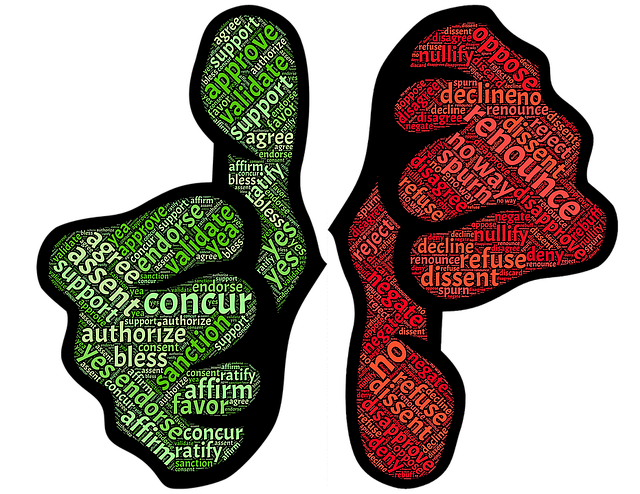Local community legal centre weighs in on Sex Consent Debate
Luke Williams
04 August 2023, 9:20 PM

The Western NSW Community Legal Centre (WNSWCLC) has made their views clear in the fraught debate around Australia's attempts at harmonising state and territory sexual consent laws.
The orgnisation hasn't minced words to the Senate Inquiry into Proposed and Current Sexual Consent Laws saying, "those who do engage with the legal system report finding it traumatising, humiliating and distressing".
WNSWCLC said one of their clients, who we will call Anna, has a disability and visited her ex-partner a little while ago. She had conceived children with him through non-consensual sexual intercourse. He took Anna into the bedroom, ripped off her clothes, and raped her - all the while, Anna was crying and pleading for him to stop.
Later that evening, her ex emailed Anna and said he was sorry for what he had done to her. Anna reported the sexual assault to the Police that evening.
She made a statement and underwent a sexual assault forensic assessment at the local Hospital. Anna also showed Police the email from him. Yet, the Police determined that they did not have enough evidence to charge her ex-partner.
The Police argued that her ex would successfully be able to argue the sex was consensual and declined to press charges.
In relation to Anna's plight, WNSWCLC cited comments from the Australian Institute of Family Studies.
"The process (of sexual offence laws in Australia) does not adequately recognise and respect the community service the complainant witnesses provide in reporting offences and participating in trials … The cost to the broader society is also substantial."
Legal advocacy groups diverge in search for solutions
The problem and extent of sexual assault in this country is not where parties disagree.
According to the 2016 Australian Bureau of Statistics (ABS) Personal Safety Survey (PSS) almost two million Australian adults had experienced at least one sexual assault since the age of and around 639,000 Australian women experienced their most recent incident of sexual assault perpetrated by a male in the last 10 years.
The terms of reference for the Senate inquiry are broad but are centred around the possibility of harmonising and improving sexual consent laws so they are the same in each state and territory.

Image: Pixabay.
The age of consent is 16 for all states and territories, except in Tasmania and South Australia where it is 17.
The Inquiry is also looking at "how consent laws impact survivor experience of the justice system" among other aspects.
Slightly different legal tests apply across the different states.
And not all interest groups agree that the laws and processes are weighted against the complainant.
In any move to harmonise these laws, the Aboriginal Legal Service (NSW/ACT) Limited told the Inquiry it is concerned that in NSW, Victoria and Tasmania if someone has not done anything to communicate consent (in circumstances where they have not expressed non-consent) that in the view of the NSW Law Reform Commission "could adversely affect the rights of the accused person" and that a NSW parliamentary committee noted that the operation of this law "While not strictly imposing a legal burden on the accused person, the Bill may still limit the presumption of innocence protected as a right in criminal proceedings…".
Legal Aid NSW has called for Police, prosecutors, legal practitioners and the judiciary to receive specialised sexual assault training.
It says it remains concerned about "the use of victim stereotypes in sexual assault trials and how this can be addressed".
Meanwhile, The NSW Women's Aboriginal Women's Advisory Group wants any harmonisation to consider that "that three in five Aboriginal and Torres Strait Islander women have experienced intimate partner violence since the age of 15".
They say that school consent education and community-wide campaigning must be informed through consultation with Aboriginal and Torres Strait Islander peoples and the services that represent them as part of the potential new laws.

Image: NSW Government.
The need for school and community education on sexual consent is probably the point at which most groups agree.
The Western NSW Community Legal Centre emphasises an approach to sexual consent that goes beyond legislation.
"It is a positive outcome the states and territories have committed to incorporate sexual consent education into their school syllabus. However, sexual consent education needs to be provided to the whole community."
"There needs to be a societal and cultural change. Further, the legislative reforms need to be complemented by a survivor-centred response within education, healthcare and justice sectors including training for Police, legal practitioners, and judiciary" it says.




